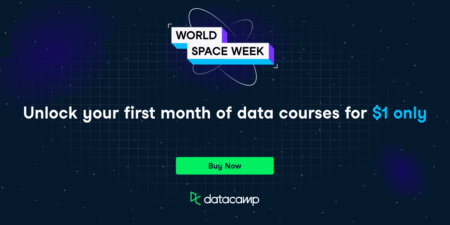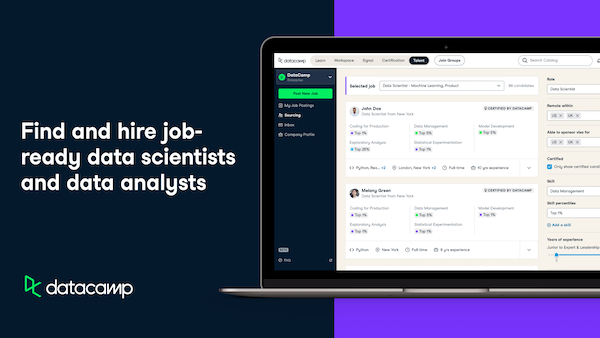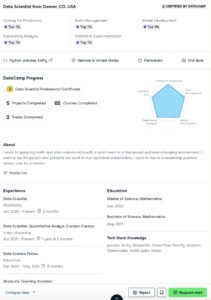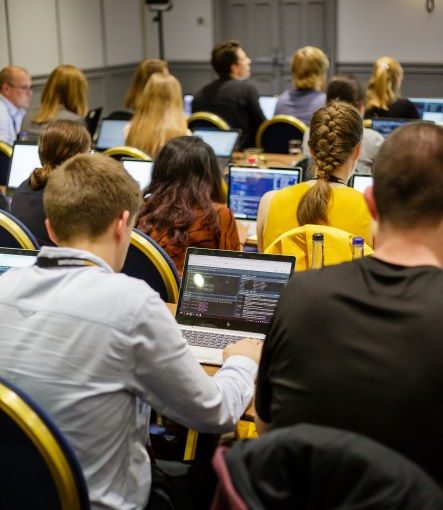In the first part of the workshop titled Classification modeling for profitable decisions, which will take place online on Thursday, October 20th, 18:00 – 20:00 CET, we will cover the theoretical framework that you need to know to perform classification analysis and cover the key concepts.
The second part of the workshop that will take place on Thursday, October 27th, 18:00 – 20:00 CET will include hands-on practice in R, so that you can learn how to implement the concepts covered in the first part in R.
You can register for each part separately, so you can choose whether you wish to attend both parts or just part 1 or part 2. Below you can find more information about each part and how to register for it:
PART 1
Title: Classification modeling for profitable decisions: Theory and a case study on firm defaults.
Date: Thursday, October 20th, 18:00 – 20:00 CET (Rome, Berlin, Paris timezone)
Speaker: Gábor Békés is an Assistant Professor at the Department of Economics and Business of Central European University, a research fellow at KRTK in Hungary, and a research affiliate at CEPR. His research is focused on international economics; economic geography and applied IO, and was published among others by the Global Strategy Journal, Journal of International Economics, Regional Science and Urban Economics or Economic Policy and have authored commentary on VOXEU.org. His comprehensive textbook, Data Analysis for Business, Economics, and Policy with Gábor Kézdi was publsihed by Cambridge University Press in 2021.
Description: This workshop will introduce the framework and methods of probability prediction and classification analysis for binary target variable. We will discuss the key concepts such as probability prediction, classification threshold, loss function, classification, confusion table, expected loss, the ROC curve, AUC and more. We will use logit models as well as random forest to predict probabilities and classify. In the workshop we will focus on a case study on firm defaults using a dataset on financial and management features of firms. The workshop material is based on a chapter and a case study from my textbook. Code in R and Python are available from the Github repo, and the data is available as well. The workshop will introduce key concepts, but the focus will be on data wrangling and modelling decisions we make for a real life problem. There will be a follow-up workshop focusing on the coding side of the case study.
Minimal registration fee: 20 euro (or 20 USD or 750 UAH)
Suggested registration fee for professionals: 50 euro (if you can afford it, our suggested registration fee for this workshop is 50 euro. If you cannot afford it, you can still register by donating 20 euro).
Remember that you can register even if you will not be able to attend in person as all registered participants will get a recording.
How can I register?
- Go to https://bit.ly/3wvwMA6 or https://bit.ly/3PFxtNA and donate at least 20 euro. Feel free to donate more if you can, all proceeds go to support Ukraine!
- Save your donation receipt (after the donation is processed, there is an option to enter your email address on the website to which the donation receipt is sent)
- Fill in the registration form, attaching a screenshot of a donation receipt (please attach the screenshot of the donation receipt that was emailed to you rather than the page you see after donation).
If you are not personally interested in attending, you can also contribute by sponsoring a participation of a student, who will then be able to participate for free. If you choose to sponsor a student, all proceeds will also go directly to organisations working in Ukraine. You can either sponsor a particular student or you can leave it up to us so that we can allocate the sponsored place to students who have signed up for the waiting list.
How can I sponsor a student?
- Go to https://bit.ly/3wvwMA6 or https://bit.ly/3PFxtNA and donate at least 20 euro (or 17 GBP or 23 USD or 660 UAH). Feel free to donate more if you can, all proceeds go to support Ukraine!
- Save your donation receipt (after the donation is processed, there is an option to enter your email address on the website to which the donation receipt is sent)
- Fill in the sponsorship form, attaching the screenshot of the donation receipt (please attach the screenshot of the donation receipt that was emailed to you rather than the page you see after the donation). You can indicate whether you want to sponsor a particular student or we can allocate this spot ourselves to the students from the waiting list. You can also indicate whether you prefer us to prioritize students from developing countries when assigning place(s) that you sponsored.
If you are a university student and cannot afford the registration fee, you can also sign up for the waiting list here. (Note that you are not guaranteed to participate by signing up for the waiting list).
PART 2
Title: Classification modelling for profitable decisions: Hands on practice in R
Date: Thursday, October 27th, 18:00 – 20:00 CET (Rome, Berlin, Paris timezone)
Speaker: Ágoston Reguly is a Postdoctoral Fellow at the Financial Services and Innovation Lab of Scheller College of Business, Georgia Institute of Technology. His research is focused on causal machine learning methods and their application in corporate finance. He obtained his Ph.D. degree from Central European University (CEU), where he has taught multiple courses such as data analysis, coding, and mathematics. Before CEU he worked for more than three years at the Hungarian Government Debt Management Agency.
Description: This workshop will implement methods of probability prediction and classification analysis for the binary target variable. This workshop is a follow-up to Gábor Békés’s workshop on the key concepts and (theoretical) methods for the same subject. We will use R via RStudio to apply probability prediction, classification threshold, loss function, classification, confusion table, expected loss, the ROC curve, AUC, and more. We will use linear probability models, logit models as well as random forests to predict probabilities and classify. In the workshop, we follow the case study on firm defaults using a dataset on financial and management features of firms. The workshop material is based on a chapter and a case study from the textbook of Gábor Békés and Gábor Kézdi (2021): Data Analysis for Business, Economics, and Policy, Cambridge University Press. The workshop will not only implement the key concepts, but the focus will be on data wrangling and modeling decisions we make for a real-life problem. Minimal registration fee: 20 euro (or 20 USD or 750 UAH) Suggested registration fee for professionals: 50 euro (if you can afford it, our suggested registration fee for this workshop is 50 euro. If you cannot afford it, you can still register by donating 20 euro).
How can I register?
- Go to https://bit.ly/3wvwMA6 or https://bit.ly/3PFxtNA and donate at least 20 euro. Feel free to donate more if you can, all proceeds go to support Ukraine!
- Save your donation receipt (after the donation is processed, there is an option to enter your email address on the website to which the donation receipt is sent)
- Fill in the registration form, attaching a screenshot of a donation receipt (please attach the screenshot of the donation receipt that was emailed to you rather than the page you see after donation).
How can I sponsor a student?
- Go to https://bit.ly/3wvwMA6 or https://bit.ly/3PFxtNA and donate at least 20 euro (or 17 GBP or 23 USD or 660 UAH). Feel free to donate more if you can, all proceeds go to support Ukraine!
- Save your donation receipt (after the donation is processed, there is an option to enter your email address on the website to which the donation receipt is sent)
- Fill in the sponsorship form, attaching the screenshot of the donation receipt (please attach the screenshot of the donation receipt that was emailed to you rather than the page you see after the donation). You can indicate whether you want to sponsor a particular student or we can allocate this spot ourselves to the students from the waiting list. You can also indicate whether you prefer us to prioritize students from developing countries when assigning place(s) that you sponsored.
If you are a university student and cannot afford the registration fee, you can also sign up for the waiting list here. (Note that you are not guaranteed to participate by signing up for the waiting list).
Looking forward to seeing you during the workshop!



